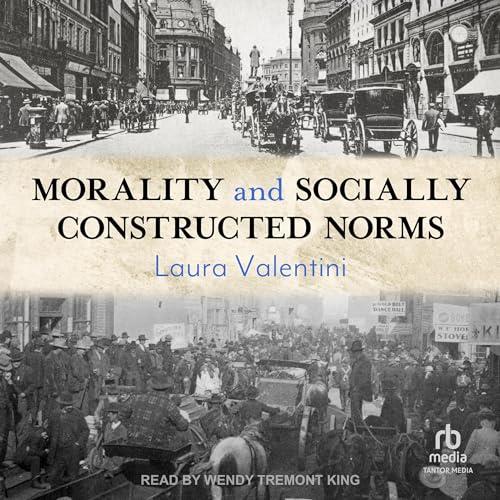 Free Download Richard C Brown, "ARE SCIENCE AND MATHEMATICS SOCIALLY CONSTRUCTED? A MATHEMATICIAN ENCOUNTERS POSTMODERN INTERPRETATIONS OF SCIENCE"
Free Download Richard C Brown, "ARE SCIENCE AND MATHEMATICS SOCIALLY CONSTRUCTED? A MATHEMATICIAN ENCOUNTERS POSTMODERN INTERPRETATIONS OF SCIENCE"
English | ISBN: 9812835245 | 2009 | 317 pages | PDF | 2 MB
This book is a history, analysis, and criticism of what the author calls "postmodern interpretations of science" (PIS) and the closely related "sociology of scientific knowledge" (SSK). This movement traces its origin to Thomas Kuhn’s revolutionary work, The Structure of Scientific Revolutions (1962), but is more extreme. It believes that science is a "social construction", having little to do with nature, and is determined by contextual forces such as the race, class, gender of the scientist, laboratory politics, or the needs of the military industrial complex. Since the 1970s, PIS has become fashionable in humanities and ethnic or women’s studies, as well as in the new academic field of science, technology, and society. It has been attacked by numerous authors and the resulting conflicts led to the so-called Science Wars of the 1990s. While the present book is also critical of PIS, it focuses on its intellectual and political origins and tries to understand why it became influential in the 1970s. The book is both an intellectual and a political history. It examines the thoughts of Karl Popper, Karl Mannheim, Ludwik Fleck, Thomas Kuhn, Paul Feyerabend, David Bloor, Steve Shapin, Bruno Latour, and PIS-like doctrines in mathematics. It also describes various philosophical contributions to PIS ranging from the Greek sophists to 20th century post-structuralists and argues that the disturbed political atmosphere of the Vietnam War era was critical to the rise of PIS.
(more…)





